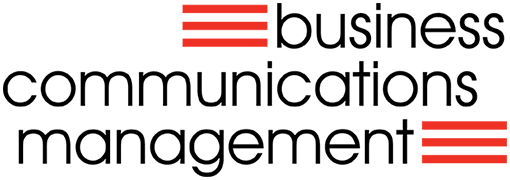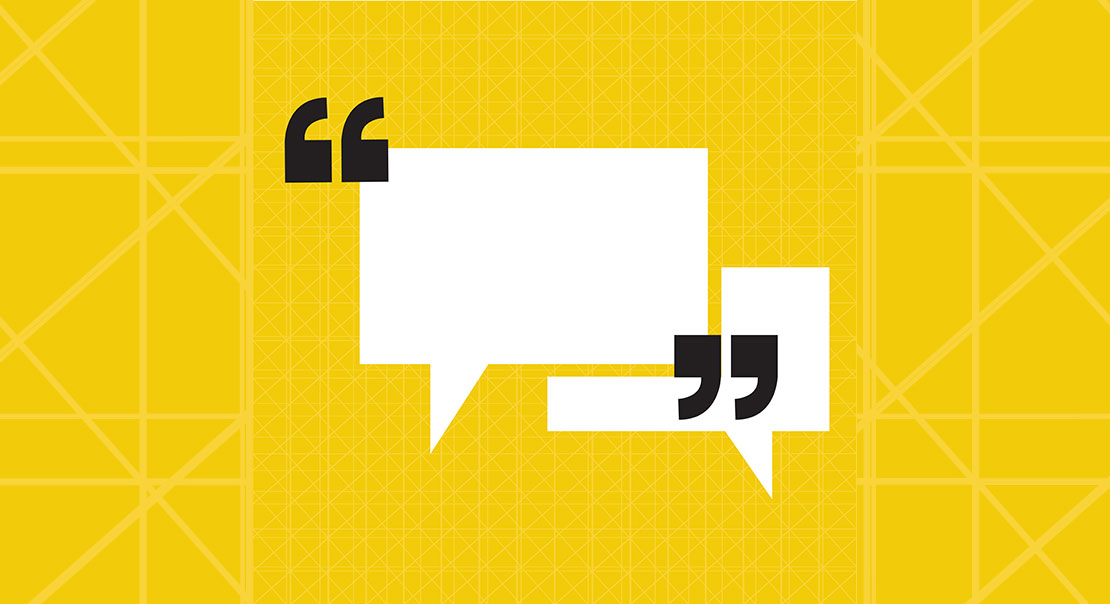What’s a Beta Reader?
Beta reading is a new term for a very old editing process.
Beta readers are generally friends, family members, and fans who you trust to read through a manuscript which is almost or not quite ready for publication.
The term comes from software and product development. Beta testers are given new products not yet on the market. The testers are from the same demographic as the eventual end users of the product. These people use the product, try it out in real world environments, and provide feedback. After the beta testers give their report, the manufacturer may make improvements based on their observations.
Beta readers do exactly the same thing for authors.
They read through your manuscript and tell you what they liked, or didn’t like about the story.
How does a beta reader differ from an editor?
Just like beta testers, a beta reader is most likely to be an end user. In other words, they are your readers. They are not necessarily authors themselves, but they do enjoy reading, and they know what they like.
A beta reader will be able to tell you what they liked or didn’t like in the story, but may not necessarily be able to tell you why.
That’s part of your editor’s role. The other part of the editor’s job is to show you how to fix those parts of your story which aren’t working, and to help you polish and improve those parts of the stories which are working.
It takes experience and expertise to help you improve your writing craft.
How do I find beta readers?
You might pick a friend or a family member you can rely on to give you an honest opinion.
If that is not an option, look for groups on social media, particularly Facebook, who read and discuss books in the genre you write. Ask if anyone from that group would be interested in reading an unpublished story.
Get to know other authors and writers on social media or in your writer’s group. See if they would be open to giving your book a beta read. They might also recommend beta readers they have used.
What are the limitations of beta readers?
Being (generally) non-professionals, they may only give you a surface level evaluation of your story – “I liked the bit where this happened.” “I didn’t like that character.” And you can expect they may only give you seven or eight paragraphs of comments in a return email.
If that’s all you need, then you’ll be fine.
If you’re totally stuck for a beta reader, why not consider a Manuscript Evaluation by BCM? It’ll give you a much more detailed appraisal of what’s to like and not to like about your novel or non-fiction book.
BCM Portfolio
Articles | Opinions | Portfolio
Thoughts, news, and views on the world of books and editing.
BCM Blog
Articles | Opinions | Portfolio
Thoughts, news, and views on the world of books and editing.
Write convincing and realistic dialogue your readers will love
If you want to create a good novel, you need to write convincing and realistic dialogue your readers will love. When your characters are talking, what they say can
Traditional publishing, self-publishing, vanity publishing, and indie publishing – what are the differences?
In the modern world of publishing there’s a whole of new set of terms to know. In this article, we talk about publishing and explore what terms mean so



